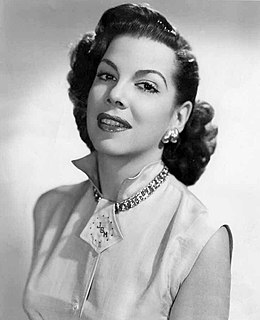A Quote by William Shakespeare
But miserable most, to love unloved? This you should pity rather than despise
Related Quotes
You need not fear me, for I not only should think it wrong to marry a man that was deficient in sense or in principle, but I should never be tempted to do it; for I could not like him, if he were ever so handsome, and ever so charming, in other respects; I should hate him—despise him—pity him—anything but love him. My affections not only ought to be founded on approbation, but they will and must be so: for, without approving, I cannot love. It is needless to say, I ought to be able to respect and honour the man I marry, as well as love him, for I cannot love him without.
But I'd rather help than watch. I'd rather have a heart than a mind. I'd rather expose too much than too little. I'd rather say hello to strangers than be afraid of them. I would rather know all this about myself than have more money than I need. I'd rather have something to love than a way to impress you.
Pity is for this life, pity is the worm inside the meat, pity is the meat, pity is the shaking pencil, pity is the shaking voice-- not enough money, not enough love--pity for all of us--it is our grace, walking down the ramp or on the moving sidewalk, sitting in a chair, reading the paper, pity, turning a leaf to the light, arranging a thorn.
Love involves more than just feelings. It is also a way of behaving. When Sandy said, "My parents don't know how to love me," she was saying that they don't know how to behave in loving ways. If you were to ask Sandy's parents, or almost any other toxic parents, if they love their children, most of them would answer emphatically that they do. Yet, sadly, most of their children have always felt unloved. What toxic parents call "love" rarely translates into nourishing, comforting behavior.







































